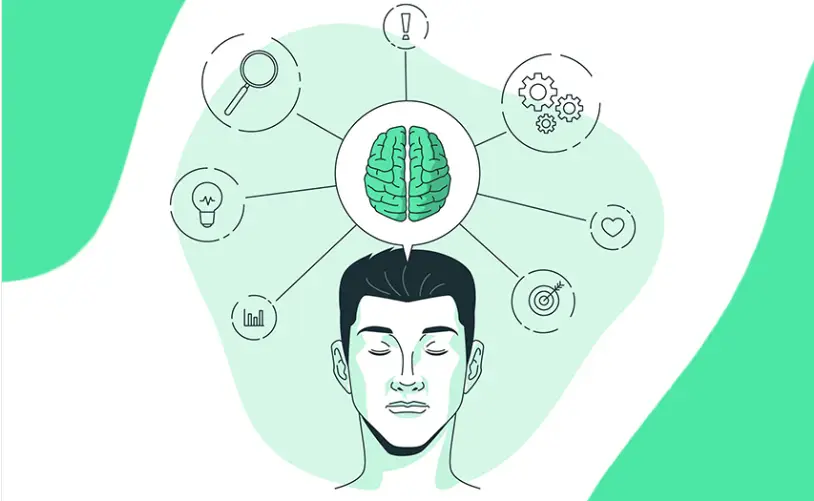
I came across this fascinating and informative topic titled “Testing Skills & Mindset” from “The Test Tribe.” It offers valuable insights that can greatly benefit testers and quality assurance professionals in their careers. In our daily work as QA or testers, we constantly rely on these skills to navigate various situations successfully.
In the field of software development, quality assurance plays a crucial role when it comes to ensuring that products meet the highest standards. At the heart of effective quality assurance lies a combination of testing skills and the right mindset. Testing isn’t just about following predefined steps, it’s also about a deep understanding of testing techniques, analytical thinking, and a passion to deliver exceptional software. In this article, we will examine the essential testing skills and mindset that contribute to successful software quality assurance.
Testing demands a solid foundation of technical skills to carry out various tasks efficiently. Key technical skills for testers include test design, execution, automation, and bug tracking. Test design involves creating well-structured test cases and scenarios that cover different aspects of the software. Testers must possess the ability to identify the appropriate test data, define expected outcomes, and consider all possible test scenarios.
Test execution entails accurately performing tests, recording results, and effectively communicating any defects or issues discovered. Test automation skills are increasingly important in modern testing, as they enable testers to automate repetitive tasks, increase efficiency, and enhance test coverage. Proficiency in test automation frameworks, scripting languages, and tools equips testers with the ability to create robust and scalable automated test suites.
Furthermore, familiarity with bug tracking systems helps testers effectively log, track, and manage defects throughout the testing process. This skill enables clear and concise defect reporting, aiding in the efficient resolution of issues.
Analytical skills are paramount for testers to excel in their role. Testers must be critical thinkers, capable of assessing requirements, identifying potential risks, and prioritizing test activities based on the impact and likelihood of failure. Critical thinking helps testers design comprehensive test strategies that cover all critical areas and potential pitfalls.
Problem-solving is another crucial analytical skill for testers. When issues arise during testing, testers should be adept at troubleshooting and resolving them. Collaborating with development teams, they identify root causes, propose effective solutions, and ensure that the software functions as expected.
Attention to detail is a fundamental analytical skill for testers. By being meticulous and observant, testers can uncover even the smallest defects or anomalies that may impact the quality of the software. This attention to detail ensures that the software meets the highest standards and provides an exceptional user experience.
Effective communication is vital for testers to collaborate with various stakeholders and convey test results and findings. Testers must work closely with developers, business analysts, and project managers to gather requirements, clarify ambiguities, and align testing efforts with project goals.
Clear and concise reporting is an essential communication skill. Testers need to present test results, including defects and test coverage, in a manner that is easy to understand for stakeholders. Well-documented test cases, test plans, and test reports facilitate knowledge sharing and ensure the repeatability of tests.
Documentation skills are also crucial for testers. Well-documented test artifacts help maintain a record of testing activities, provide insights into the testing process, and support future testing efforts. This documentation serves as a valuable resource for the entire development team.
Testers must possess a curious nature and a genuine desire to explore different aspects of the software. This mindset encourages them to go beyond the obvious and question the functionality, usability, and performance of the software. By adopting a curious approach, testers can uncover hidden defects and ensure that the software performs flawlessly.
A learning mindset is essential for testers to stay abreast of the rapidly evolving technology landscape. Testers must continuously learn and update their knowledge about industry trends, new testing tools, and methodologies. This commitment to learning enables testers to adapt to new challenges, improve their skills.
USA408 365 4638
1301 Shoreway Road, Suite 160,
Belmont, CA 94002
Whether you are a large enterprise looking to augment your teams with experts resources or an SME looking to scale your business or a startup looking to build something.
We are your digital growth partner.
Tel:
+1 (408) 412-3813
Support:
+1 (408) 512 1812

COMMENTS ()
Tweet